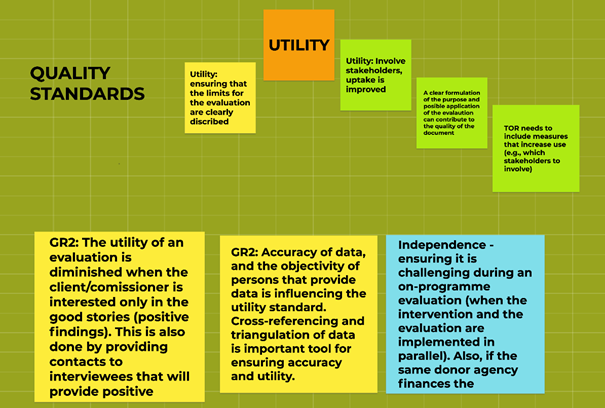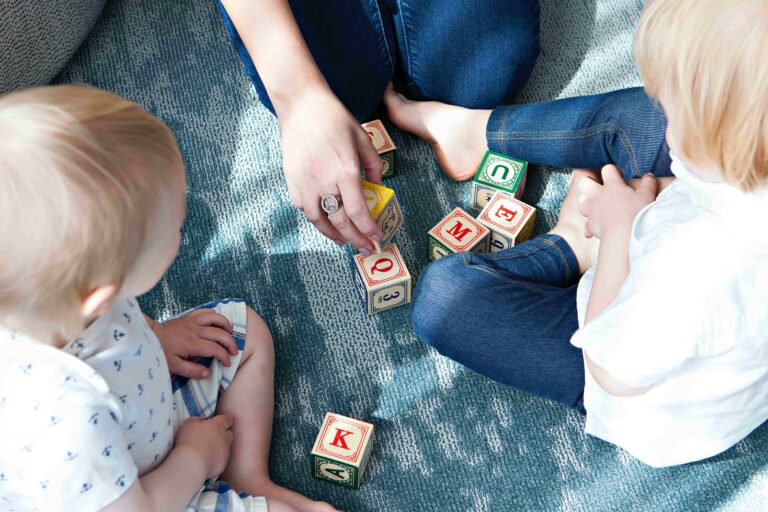The situation of children with disabilities in Belarus
By Alexander Karankevich, independent consultant
Children with disabilities in Belarus continue to face multiple institutional, attitudinal and structural barriers to realizing their human rights despite the efforts of the country to protect and promote their rights. Stigma and discrimination, both structural and social, against children with disabilities are widespread. Communities at large fail to understand that most families with children with disabilities could enjoy fulfilling lives if given adequate support by social protection, education and healthcare sectors. The State policy is grounded on a medical model of disability that cannot address complex societal and other barriers that children with disabilities face.
Inclusive education is in its very beginning in Belarus. Health problems and disabilities prevent children from studying on an equal basis in regular general education school and such children are at greatest risk of being placed in residential institutions. A large share of the children living in residential care are children with disabilities (48.2%), and about 75% of these children have parents who have either abandoned them voluntarily (35%) or been deprived of parental rights (40%) according to data from the Belarus Statistical Committee. Once in institution, a child with disabilities usually spends most of his/her life in residential care and is transferred from one institution to another. There are several types of institutional care, mostly specialized on age and specific needs of the child: infant homes (healthcare system), orphanages and boarding schools (education system), boarding homes (social protection system).
Those parents who choose to keep their children often limit their contact with the community because of fear of stigma and discrimination. Considerably a small number of substitute parents (guardians, foster, adoptive parents) dare to take the responsibility for the care of a child with special needs.
The services for children with disabilities in Belarus are provided by a range of actors, including education, social protection and healthcare systems. The lack of coordination hinders the effective provision of these services. Even if coordination mechanisms are technically in place, they often fail to address children with disabilities’ particular risks of social exclusion and isolation. Professionals generally lack the competence and knowledge to adequately address the needs of children with disabilities, underestimate the role of the family and the adverse impact of institutionalization on a child’s well-being.
The de-institutionalization process in the country led to the closure or reorganization of the residential care network. The process of the reorganization of the residential institutions under the health sector started in 2015 and only in 2018 in the social protection sector.
The boarding homes for children and young people with disabilities are the largest residential care institutions in Belarus. They function under the social protection system and provide accommodation, education and care to children and youth with severe disabilities. The boarding homes are closed type institutions, mostly located far from settlements and completely cut off from the society. These are settings where children are deprived of any family like environment. It happens that children live in the crowded wards, this is especially common for children with severe and multiple health disorders.
The light at the end of the tunnel is the commitment of the Belarus Ministries of Education, Health, Labour and Social Protection to reform the residential care institutions’ network and strengthen the community-based support services for families caring for children with disabilities as stated in their ‘Сross-sectoral Plan of inter-agency measures for integrated deinstitutionalisation of children and youth for the period 2020-2023’. Early intervention healthcare services system for young children and inclusive education national policy agenda have a great potential to keep the child with special needs close to their families.







